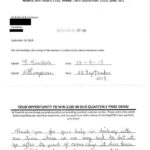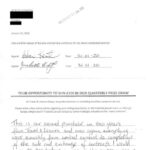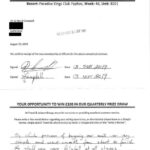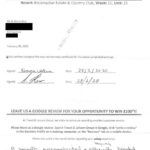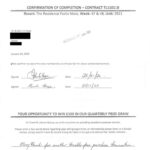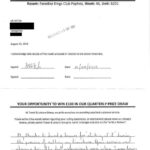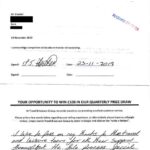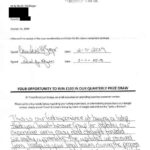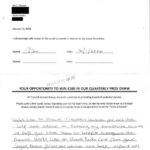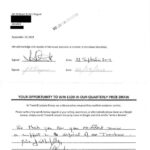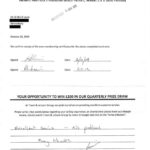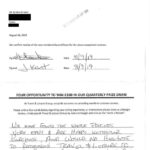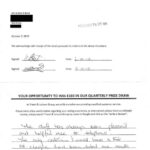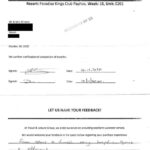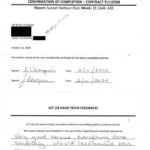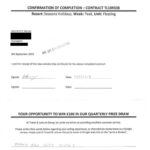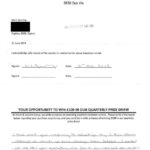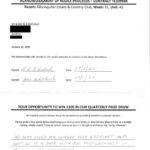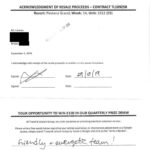Timeshare: Our Ultimate Guide to Everything You Need to Know
Timeshare Questions & Answers
The first question that many of our new clients ask us is, what is timeshare? We hear many variations of this question on a daily basis; is timeshare different from vacation ownership, how do I use floating weeks, is a timeshare resort the same as a vacation club? Our favourite question being, what is timeshare resale?
This article is our complete guide to everything timeshare. If there’s information you need, this is the place to get it.
Don’t hesitate to contact us if you have a question that you don’t see the answer to.
What is Timeshare?
Timeshare allows you to buy the use of a holiday home for the same week or weeks every year. This concept is a fraction of the price of owning it all year-round. It also takes away the costs and worries of year-round maintenance. In effect, you are buying holiday time. You can buy timeshare and use it yourself, rent your timeshare out, give it away, sell or bequeath it as you wish. Timeshare has many different variations with the same basic concept. Other names include vacation ownership, holiday ownership, and club time. This is just the beginning in understanding timeshare.
Timeshare is one of the fastest growing sectors of the holiday industry. Furthermore, thanks to big brands such as Marriott Vacation Club, Diamond Resorts, and Hilton (to name but a few), the image of timeshare has changed.
How Did Timeshare Start?
The genuinely earliest known timeshare in Europe was London’s, Albert Hall. It was built in the late 19th century, and those who subscribed to the building fund received a right to a specific seat and tickets at specific intervals.
The French reinvented timeshare in 1966. Some say it was ski resorts, others say it was luxury villas in the South of France. Timeshare was quickly seen to be a way of providing holiday homes in areas of beauty where housing was in short supply and at exorbitant prices.
During the recession, luxury homes were not selling. However, when sold in shares, they become affordable to many. The concept was simple, economic, and soon spread to Switzerland, Japan, and the United States. The Americans are firm believers in timeshare and many are multi-week owners. 1973 saw Britain’s first project. There are now about 550,000 British timeshare owners in the UK and abroad.
Is Timeshare a Good Investment?
You should not view timeshare as a form of property investment. However, it is an excellent investment in leisure, as it assures you of the highest standards of holiday accommodation and amenities for many years to come.
What Are Fixed and Floating Weeks?
A fixed week is a set week during the year and is usually distinguished by a number. Many resorts go by the RCI calendar, though some resorts use their own. This is an important factor in deciding which fixed week to buy. Ownership of a fixed week allows you the use of the unit for that specific week annually for as long as you own it.
A floating week is a week that may be used anytime during the year (subject to availability). It is usually related to seasons: high, medium, and low. Every year you will book your desired holiday period within the season you own. Due to competition among existing owners for prime weeks, availability may vary. High and low seasons vary from resort to resort. Be sure to investigate this before purchasing to avoid disappointment.
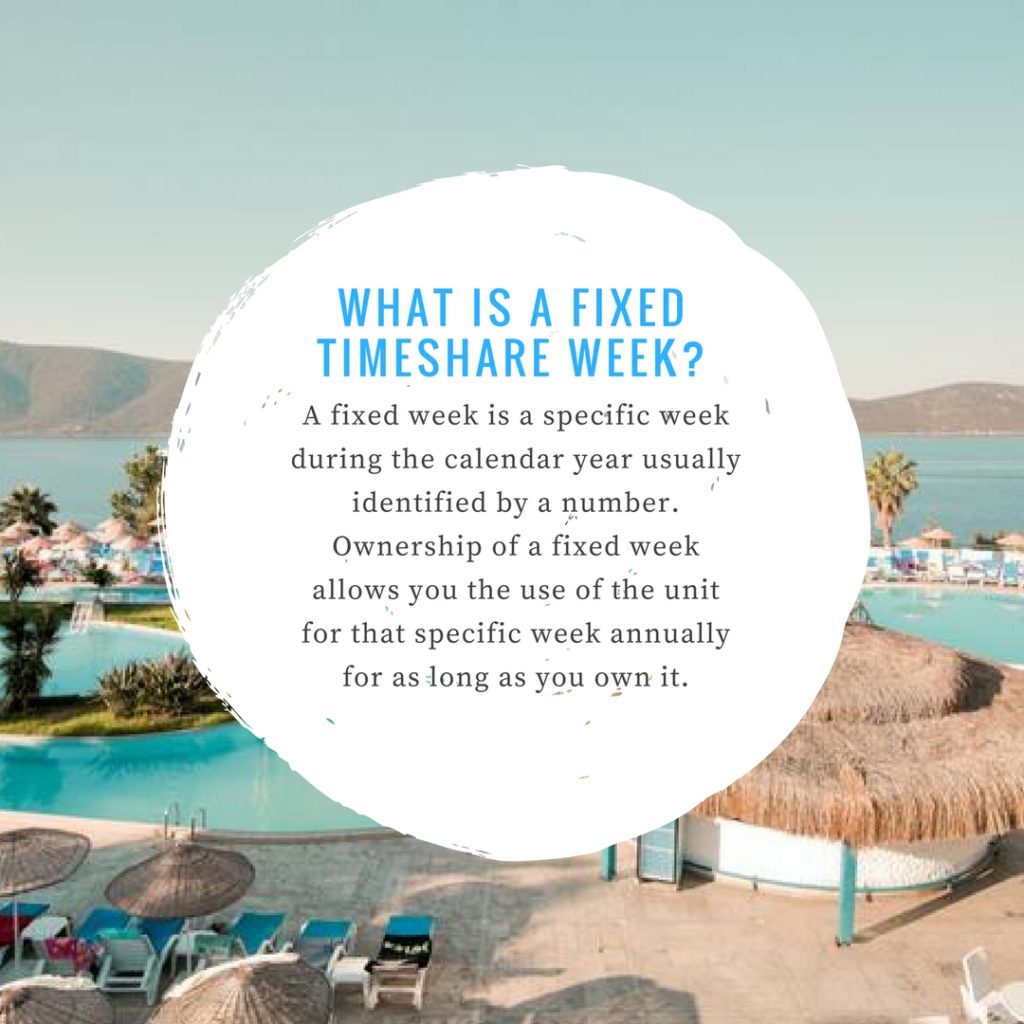

What Are Timeshare Points?
The points system is a relatively new form of vacation ownership. This system allows the owner to purchase timeshare or holiday points they can use for travel during specific seasons of the year. The more points you buy, the more flexibility you have when wishing to travel during high season. More points will entitle you to larger units or a higher standard resort.
Another advantage of the points system is that it provides you with flexibility. You can use a certain number of your points towards a one-night stay or up to the maximum number of points purchased. Flexibility is a major advantage to the point system, although everything is subject to availability. Nowadays points are a very popular system. However, if you need school holiday time, you cannot beat owning your own week in August: guaranteed occupancy for you year after year.
For more information, read our article Timeshare Holiday Points.
What is Fractional Ownership?
Fractional ownership is still holiday ownership with a couple of notable differences. It is a way of buying a holiday property, but at a much lower cost than a year-round holiday home that you have to maintain yourself. Buying a fractional ownership gives you a tangible equity stake in the property, usually on a leasehold basis.
When the leasehold expires, unless owners want an extension, the property is sold and all owners receive a share of the sale proceeds.
To get more answers to your questions, check out our blog post What is Fractional Ownership? Questions Answered!
What Are Maintenance Fees and Why Should I Pay Them?
The resort developer and management company will charge you a timeshare maintenance fee every year. These fees maintain the property, pay insurance, utilities, cleaning, refurbishing, and taxes. They vary from resort to resort and with the type and size of the unit purchased. They typically range from £300 to £450 for a one-bedroom unit. Many developers even allow owners to pay their maintenance fees in monthly instalments!
If you fail to pay your maintenance fees, you risk losing your timeshare and possibly having the debt count against your credit records. In the worst case scenario, the matter will go to debt collectors and you may risk being taken to court. It’s also important to make sure your fees are paid up to date because many resorts will not allow any sale to go ahead until these are settled.
What Can I Do With My Timeshare? Can I Bequeath it to My Next of Kin or a Friend?
Your timeshare is part of your estate so you can bequeath it to whomever you wish. You can use it yourself, lend it to friends and family, rent it, save it, or borrow from future years. You can sell your timeshare, bank it, and of course, you can exchange it for other luxury resorts around the world through RCI, Interval International, or 7Across.
What is an Exchange Company, How Does it Work, and What Does it Mean to ‘Bank’ a Week?
There are several exchange companies, the most notable being RCI and Interval International (II). These companies have a network of over 5,000 affiliate resorts across the globe. The concept itself is really simple. Exchanging means to trade your week at your resort with another owner’s week at another resort. Between RCI and II, over 3 million exchanges take place every year.
Joining is easy and affordable! 7Across, a smaller exchange company, also offers efficient and friendly service and the exchange fee is much lower. See our article Timeshare Exchange Companies for more information.
The concept of banking a week is also easy to understand. It simply means that you deposit your timeshare week with an exchange company. Consequently, you can save it for use at a later time in a different resort. This is an elegant solution when you may not be able to make time for a holiday, but know you’ll have the time the next year.
What is the Difference Between Freehold, Leasehold, and Licensed Timeshare?
Most timeshare ownerships are either freehold or leased for a specific number of years.
- A freehold timeshare is like any house purchase in that you own the timeshare outright forever. You can sell it, rent it, or leave it to your heirs.
- A leasehold timeshare property gives you the right to use a week at the property for a specific number of years. This typically ranges from 20 to 80 years. When the lease expires, the right to use the property terminates and normally returns to the resort. In some cases, the owners may vote to extend the lease.
- Although gaining in popularity, probably the least common form of timeshare ownership is licensing. The licensing arrangement normally involves membership in a vacation club. As a member in good standing, you have the right to use the club and all of its amenities.
What are Even Years or Odd Years Timeshare?
If you own a week on an even years or odd years basis, this simply means that you can only use it on even or odd years. For instance, your week 29 at Anfi Beach Club, even years only, would allow you to use it in 2020, 2022, 2024 and so on. Vice versa for odd years. This may assist those who wish to own a week but don’t want to pay maintenance fees every single year.
What is a Gold Crown Resort?
A Gold Crown Resort is the equivalent of a 5 star rating in the RCI system. Interval International uses stars to identify the most prestigious resorts, just like the ratings for hotels.
What if I Need to Sell My Timeshare in the Future?
First and foremost, make sure that your maintenance fees are settled in full every year. Resorts will not allow any sales to proceed until these are paid in full.
Some resorts and developers have their own resale programs and will handle the resale of your timeshare. Others will not as they need to sell their own stock. If you have any more questions about selling timeshare, contact us.
Why Are Prices So Low on the Timeshare Resale Market? Is It Safe to Buy a Timeshare Resale?
It is no secret that upwards of 50% of the resort developer costs are sales and marketing. When you purchase directly from the resort, you pay an extortionate price to absorb all of that.
When buying timeshare rentals on the resale market, you only pay the true and fair market value of the property. Not only do you benefit from the use of the property, but you also enjoy savings of 30-50% or more! The resale market is mature and the inventory available nowadays is very attractive to buyers. Here at Travel and Leisure Group, we can guarantee savings of at least 50% on developers’ prices.
Travel and Leisure Group are specialists in private sales. When you buy a previously owned timeshare through Travel and Leisure Group, you receive the same security rights and privileges as buying direct. We’ll make sure you know about any exceptions.
Furthermore, any reputable timeshare resale agent will ensure that your money is safe throughout the transaction. Usually, monies stay with an independent party such as a trustee or solicitor in an escrow account until the sale is complete.
Always Use an Established Resale Broker is our useful guide to staying safe throughout selling or buying a timeshare.



